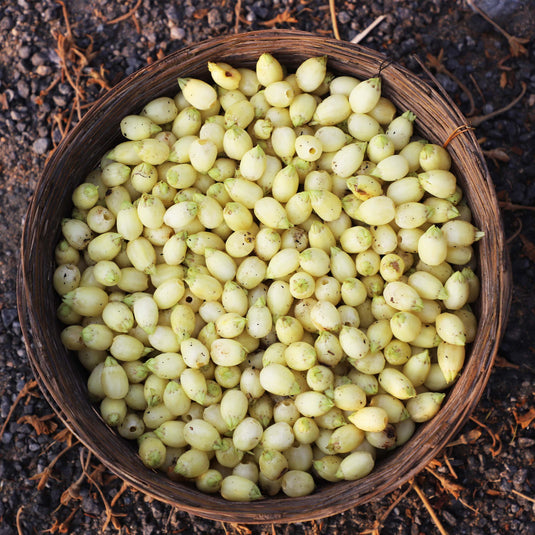Organic honey is honey that has been produced using organic farming practices, without the use of synthetic pesticides, fertilizers, or other chemicals. In order for honey to be certified organic, the bees that produce the honey must have access to organic flowers and plants that have not been treated with synthetic chemicals.
The honey production process must also follow strict guidelines that prohibit the use of synthetic chemicals, antibiotics, and other additives. For example, the bees must be allowed to build their hives naturally, and the honey must be extracted using only natural methods.
Certified organic honey is produced under strict regulations and guidelines to ensure that it meets organic standards, and it may bear the organic label or logo of the certifying body. Organic honey is typically considered to be of higher quality and more environmentally friendly than conventionally produced honey, as it supports sustainable agricultural practices and helps to protect bees and other pollinators.
Whereas Raw honey is not necessarily organic, as it can come from bees that have foraged on flowers or plants that may have been treated with synthetic pesticides or fertilizers. However, raw honey can be organic if it meets the same standards and criteria as certified organic honey.
In order for raw honey to be certified organic, the bees that produce the honey must have access to organic flowers and plants that have not been treated with synthetic chemicals. Additionally, the honey production process must follow strict guidelines that prohibit the use of synthetic chemicals, antibiotics, and other additives.
If you are looking for organic raw honey, it is important to purchase from a reputable source that can provide information on the source and production methods of the honey. Look for honey that is labeled as certified organic by a reputable certifying body, or ask the producer about their farming practices and honey production methods to ensure that the honey is of high quality and free from harmful additives.
Raw honey is not recommended for infants under the age of one due to the risk of infant botulism, a rare but serious illness that can affect infants. Botulism spores can be found in soil, dust, and honey, and while they are harmless to adults and older children, they can grow and produce a toxin in an infant's immature digestive system.
Heating honey or pasteurizing it destroys the botulism spores and makes honey safe for consumption, but raw honey has not undergone this process and may contain botulism spores. For this reason, the American Academy of Pediatrics and the World Health Organization recommend that infants under the age of one should not be fed honey, whether it is raw or pasteurized.
It is important to note that honey is not a necessary or essential food for infants under the age of one, and they can get all the nutrients they need from breast milk or formula. Once an infant reaches one year of age, their digestive system is more mature and they can safely consume honey.


